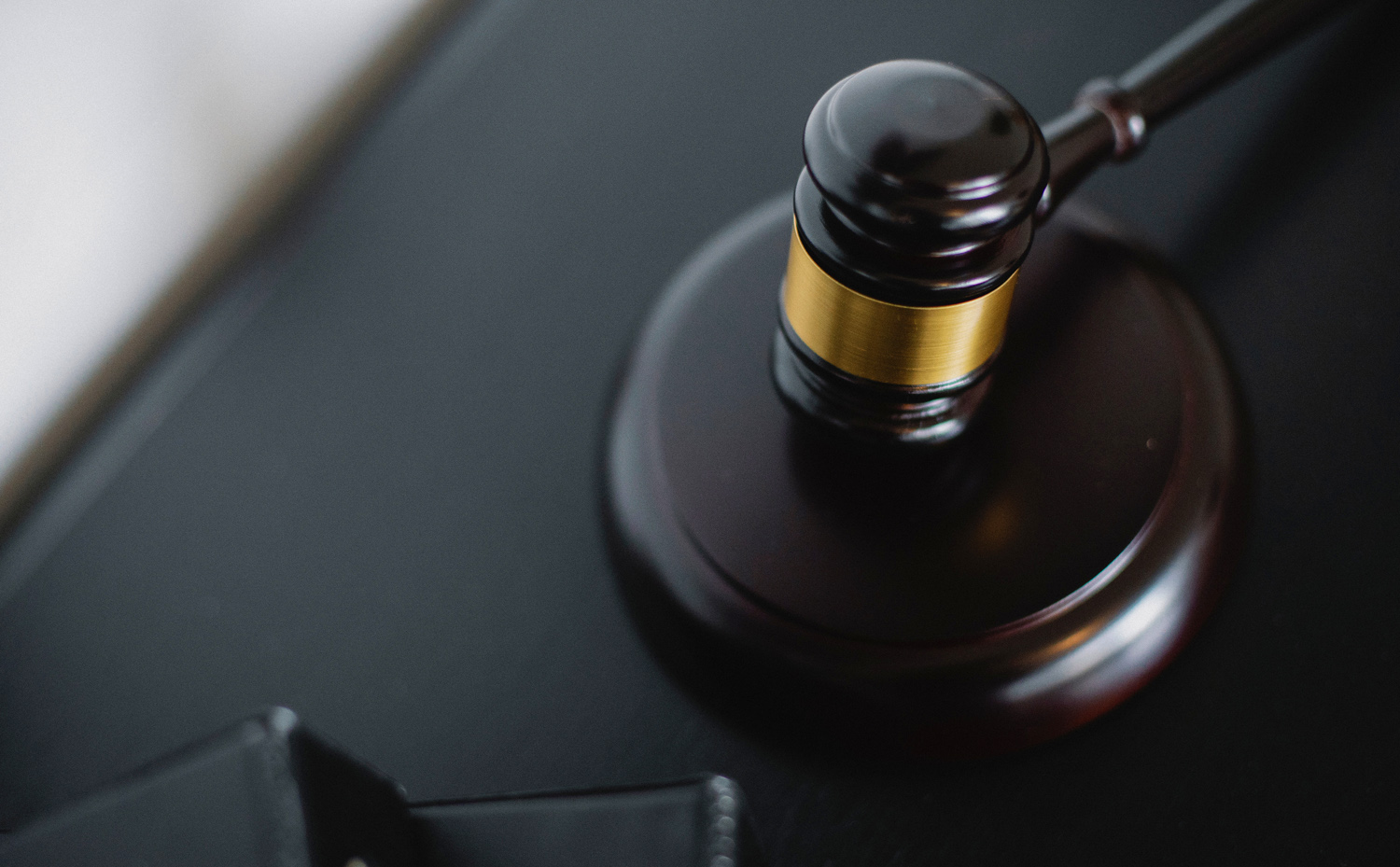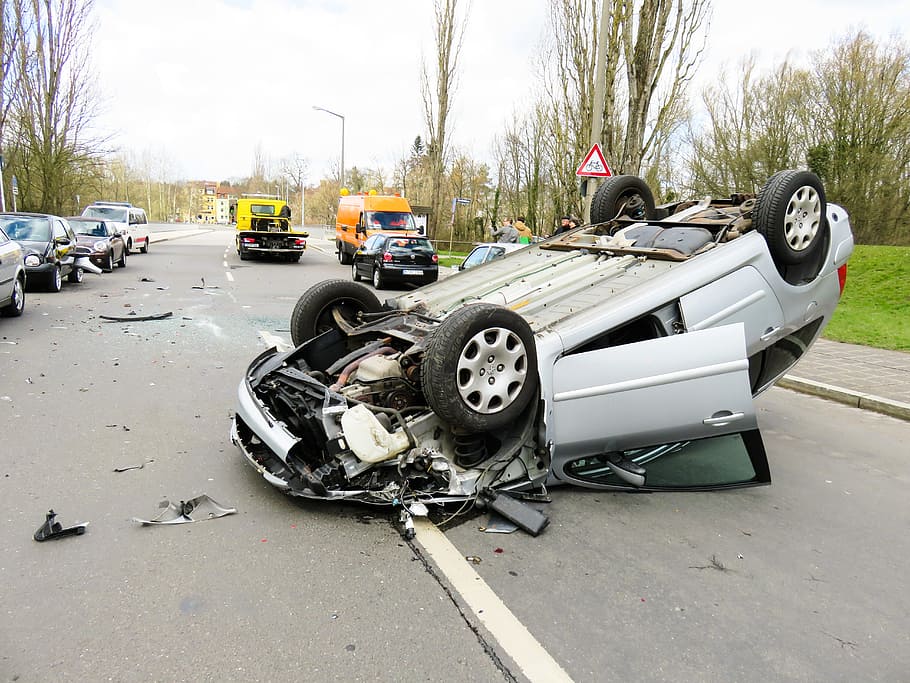Punitive Damages Defined
Punitive damages are a financial compensation, designed to punish an at-fault party when their conduct has been outrageous.
Punitive damages are a financial compensation, designed to punish an at-fault party when their conduct has been outrageous.

To seek them in Oregon, the injured person must prove that the at-fault party acted with malice or did something outrageous. For example, someone injured in an auto accident caused by an intoxicated driver can seek punitive damages.
Oregon law states the at-fault party must have “… acted with malice, or shown a reckless and outrageous indifference to a highly unreasonable risk of harm and has acted with a conscious indifference to the health, safety and welfare of others.”
When someone is injured in an accident, they may “economic damages”, “non-economic damages” and, in some cases, punitive damages. But what exactly is the difference?
Many insurance policies do not provide coverage for punitive damages. Thus, unless the at-fault party has lots of money, it’s more difficult to get paid. So why seek them?
One reason to ask for punitive damages: juries often award more economic and non-economic damages when the at-fault party has acted outrageously. Insurance companies know that.
Moreover, insurance companies have a duty to settle claims against their insured for a reasonable sum within the policy limits. If you’ve been injured, you can often get a larger settlement from an insurance company if the insured might be liable for punitive damages.
Another reason? It allows evidence of the at-fault party’s net worth to be admitted in court.

To recover economic and non-economic damages, an injured party must prove they incurred them by a “preponderance” of the evidence. A preponderance in the context of law means “more likely than not”.
To recover punitive damages however, an injured party must prove there is “clear and convincing evidence” that they are actually entitled to those damages. This is far more difficult to prove than a mere preponderance.
Oregon courts – and even the United States Supreme Court – have found large awards of punitive damages to be unconstitutional. In most of these cases, the awards greatly exceeded the economic and non-economic compensation.
For example, the Oregon Court of Appeals held that a $22.5 million award was unconstitutional under the Due Process Clause. The court found that an award of 7 times as many punitive to compensatory damages would not be constitutional. It reduced the verdict to $3.5 million in punitive damages, and $500,000 in compensatory damages.
However, in 2015 the Oregon Court of Appeals reduced an award of $125 million to $25 million – even though the jury had awarded only $168,514 in compensatory damages. See, Schwarz v. Philip-Morris-USA, Inc., 272 Or App 268 (2015). That’s a ratio of over 148 to 1! The court probably allowed this larger award because the conduct of cigarette company Philip Morris was especially outrageous.
In July 2017, a jury awarded Oregon resident Jesse Mitchell $150 million against drug manufacturer AbbVie Inc. Unfortunately for Mr. Mitchell, his punitive award will probably be held unconstitutional, as the jury did not award any compensatory damages at all. See Counsel Financial article.

One downside to recovering punitive damages in Oregon? 70% of the awarded moneys must be paid to the State. This is due to them not being awarded to compensate the injured party – but rather to punish the at-fault party.
However, some injured parties have avoided paying Oregon its share. They settled with the at-fault party after the jury returned a verdict – but before the judgment was entered. See Patton v. Target Corp., 349 Or 230 (2010). The State appealed and tried to recover its share. The Oregon Supreme Court however ruled that the State was not entitled to be paid. The judgment had not been entered before the settlement (Patton, 349 Or at pages 243 – 244).
In a second landmark case, the Oregon Supreme Court in 2011 again ruled that the State of Oregon could not prevent parties from settling after a verdict. It held that awarding punitive damages was ok – even if the settlement then wiped out Oregon’s right to its share.
The bottom line is – it may be worthwhile to include punitive damages in your personal injury case. Insurance company will be encouraged to offer more compensation to settle the case. It will also make it more likely that you recover more damages at trial.
If you’ve been injured, it pays to have an experienced personal injury attorney on your side.
I’m here to represent you, and get you the maximum settlement possible – even punitive damages.